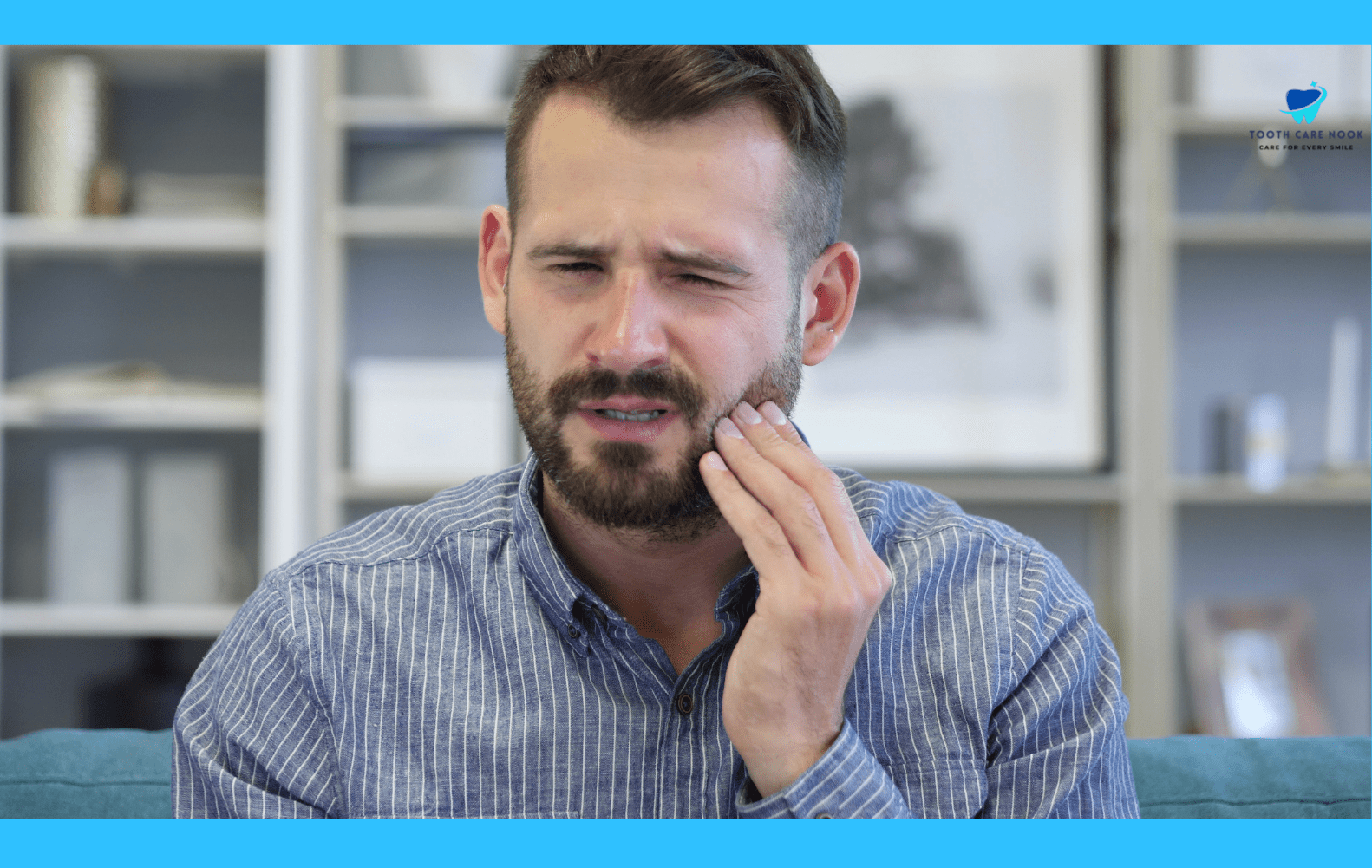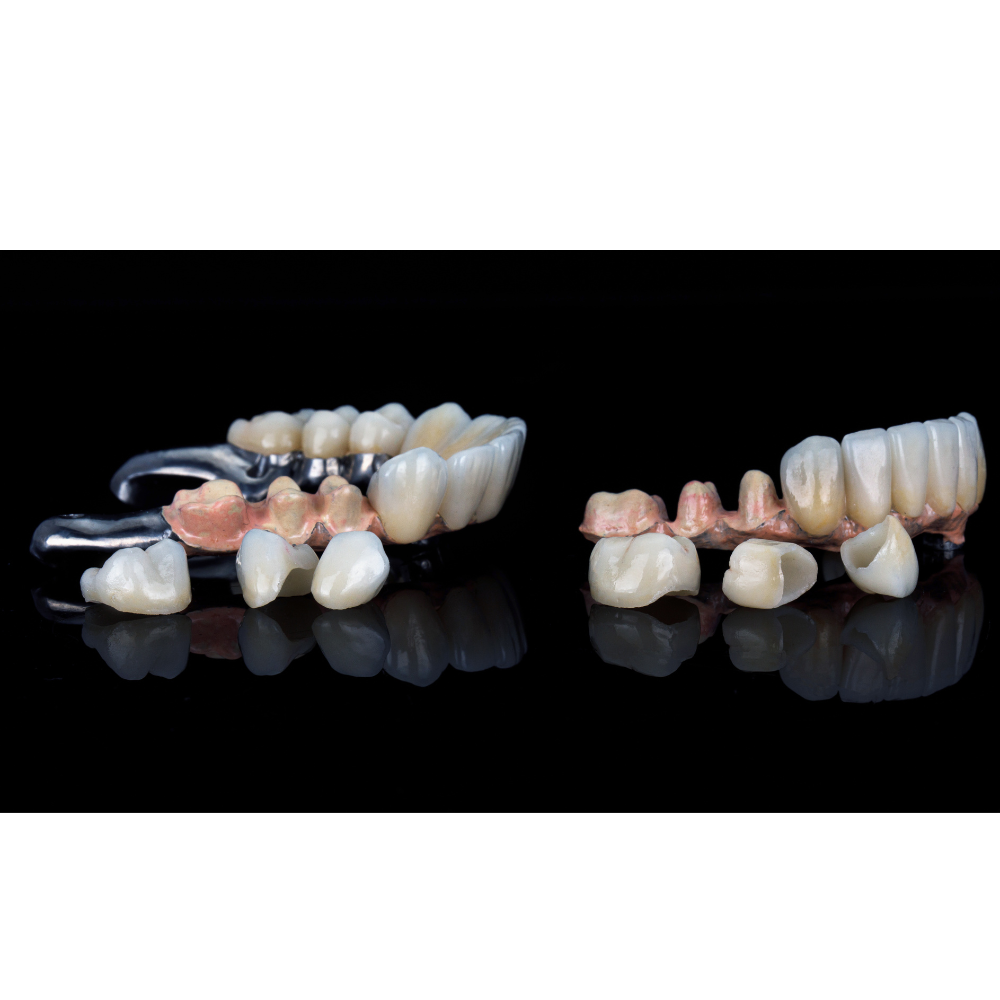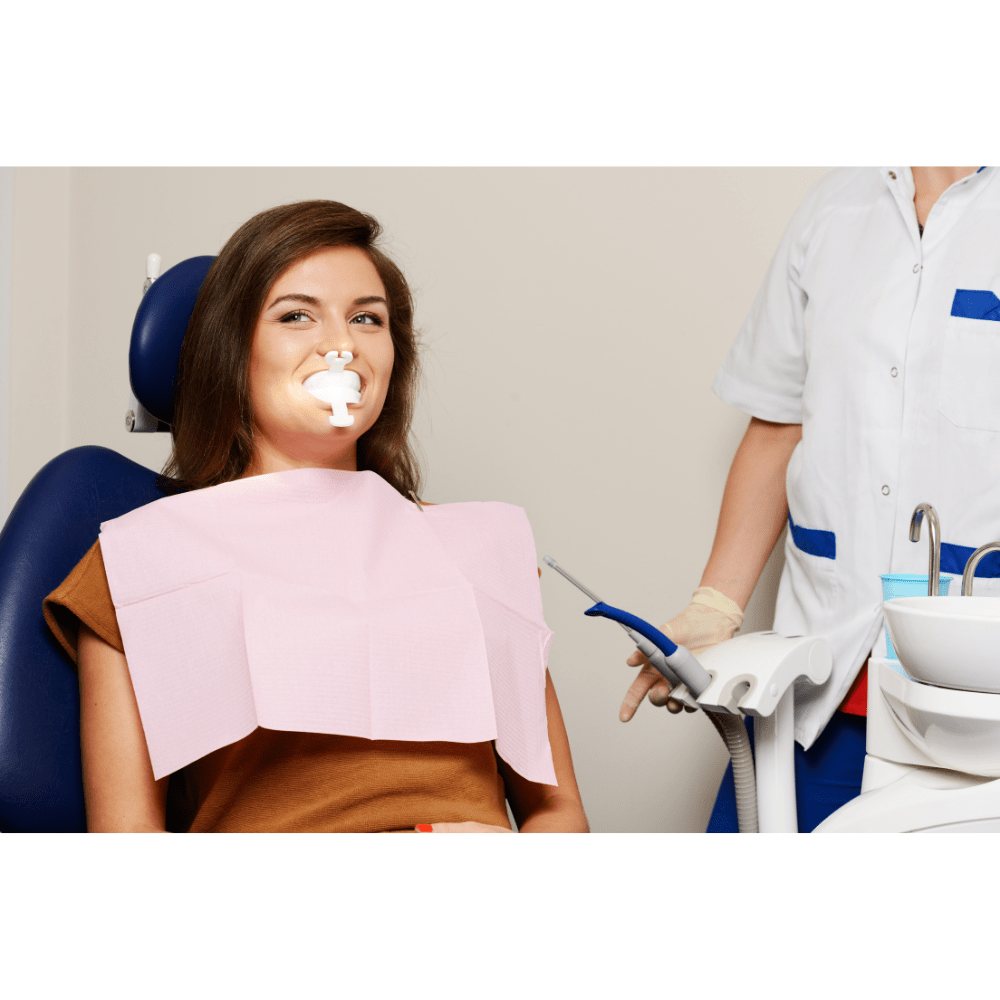Reasons For Surrounding Teeth Hurt After Tooth Extraction? – Causes, Treatment, And All
Teeth hurt after tooth extraction is a phrase many people use when describing their post-surgery experience. Different factors contribute to this discomfort. Learning these causes will help you manage your symptoms and ensure a smooth recovery. Let’s first talk about the reasons behind this post-extraction pain.
Why Do Surrounding Teeth Hurt After Tooth Extraction?
Here are the main reasons behind your surrounding teeth hurt after tooth extraction:
Changes in Bite
The removal of a tooth can alter your bite and the way your teeth come together. This change can cause the surrounding teeth to shift slightly, which may result in discomfort or pain. Your jaw muscles may also need time to adjust to the new alignment of your teeth.
Dry Socket
A dry socket occurs when the blood clot that forms in the extraction site is dislodged or dissolves before the wound has fully healed. This exposes the underlying bone and nerves, leading to severe pain that can radiate to the surrounding teeth. A dry socket is more common in lower wisdom teeth extractions and can cause intense discomfort for several days.
Infection
An infection can develop in the extraction site, leading to pain in the surrounding teeth. Signs of infection include persistent swelling, redness, pus, and fever. Infections need to be treated promptly to prevent further complications.
Sinus Issues
The roots are close to the sinus cavities for the upper teeth, especially the molars. An extraction can sometimes affect the sinuses, leading to sinus pain that feels like it is coming from the surrounding teeth.
Gum and Bone Reactions
The gums and bone around the extraction site can become inflamed or irritated, causing pain in the adjacent teeth. This is often a temporary issue as the area heals.
Adjacent Tooth Damage
The neighboring teeth can sometimes get injured or stressed during extraction, especially if the extracted tooth is tightly packed or has a complicated root structure. This trauma can lead to pain in the surrounding teeth.
Bone Remodeling
After a tooth is removed, the bone around the extraction site undergoes a remodeling process. This can affect the surrounding teeth which causes temporary discomfort as the bone reshapes itself.
Is Tooth Extraction Painful?
Tooth extraction can cause some discomfort but pain levels vary depending on the individual and the complexity of the extraction. Dentists use local anesthesia to numb the area which helps minimize pain during the procedure.
You might feel pressure but not sharp pain during the extraction itself. However, post-operative pain is common as the anesthesia wears off. This pain is usually manageable and diminishes over a few days as the site heals.
Pain Management Techniques And Tips
Stronger Painkillers
For more severe pain, your dentist might prescribe stronger pain medications. Use these as directed to avoid potential side effects or dependency.
Ice Packs
Applying an ice pack to the outside of your face near the extraction site can help reduce swelling and numb the area, providing pain relief. Use ice packs for 15-20 minutes at a time, with breaks in between.
Salt Water Rinse
Gently rinsing your mouth with warm salt water can help keep the extraction site clean and reduce the risk of infection. Do this several times a day, starting 24 hours after the extraction.
Rest
Take it easy for a few days after the extraction. Avoid heavy lifting and strenuous activities, as these can increase blood pressure and potentially dislodge the blood clot.
Hydration
Staying hydrated is important for healing, but avoid using straws, as the sucking action can dislodge the blood clot and lead to a painful condition called dry socket.

Is It Normal For Other Teeth To Hurt After Extraction?
Yes, it is normal for other teeth to hurt after an extraction. This pain can be due to referred pain, the normal healing process, changes in your bite, jaw muscle soreness, or a dry socket.
How Long Do Surrounding Teeth Hurt After Tooth Extraction?
Discomfort in surrounding teeth after a tooth extraction is common and usually lasts between 5 to 8 days.
What Happens To Surrounding Teeth After Extraction?
Shifting and Movement
After a tooth is extracted, the surrounding teeth may begin to shift into the space left behind. This movement can affect the alignment of your teeth and bite. Over time, this can lead to changes in how your teeth fit together and may require orthodontic treatment to correct.
Bone Loss
The jawbone that once supported the extracted tooth can begin to deteriorate or resorb. This bone loss can weaken the support for adjacent teeth, potentially leading to further dental issues. Bone grafting may be recommended in some cases to maintain bone structure.
Spacing Issues
The gap left by the extracted tooth can cause spacing issues, leading to a misalignment of teeth. This can affect not only the appearance of your smile but also the overall function of your teeth and jaws.
Impact on Dental Prosthetics
If you have dental prosthetics such as bridges or partial dentures, the extraction can affect their fit and function. Adjustments or replacements might be necessary to ensure proper alignment and comfort.
Orthodontic Implications
For individuals undergoing orthodontic treatment, a tooth extraction can impact the treatment plan. Orthodontists may use the space created by the extraction to help align the remaining teeth more effectively.
When To Contact A Dentist
You should contact a dentist after a tooth extraction if you experience any of the following symptoms:
Severe Pain:
If pain is intense and not relieved by prescribed pain medications.
Prolonged Bleeding:
If bleeding continues for more than 24 hours or is heavy.
Signs of Infection:
Symptoms such as fever, chills, pus, or a foul taste in your mouth.
Severe Swelling:
Severe swelling that does not improve after a few days or spreads to other areas of your face and neck. Persistent numbness or tingling in the lip, chin, or tongue could indicate nerve damage.
Difficulty Swallowing or Breathing:
These symptoms could indicate a serious infection or allergic reaction.

FAQs
Can Tooth Extraction Cause Sensitivity In Other Teeth?
Yes, tooth extraction can cause sensitivity in other teeth. This sensitivity is usually temporary and results from changes in the mouth, such as an altered bite or gum recession around the extraction site.
Does Tooth Extraction Make Other Teeth Weak?
Tooth extraction itself does not make other teeth weak. However, the removal can lead to shifting and changes in bite, which may indirectly affect the stability of surrounding teeth. Maintaining proper dental care and monitoring by a dentist can prevent issues.
Which Teeth Cannot Be Pulled?
Generally, all teeth can be pulled if necessary. However, teeth that are severely decayed, broken below the gum line, or those that have complex root structures may require more specialized surgical extraction procedures. A dentist or oral surgeon will assess the feasibility of extraction based on the specific condition of the tooth.



